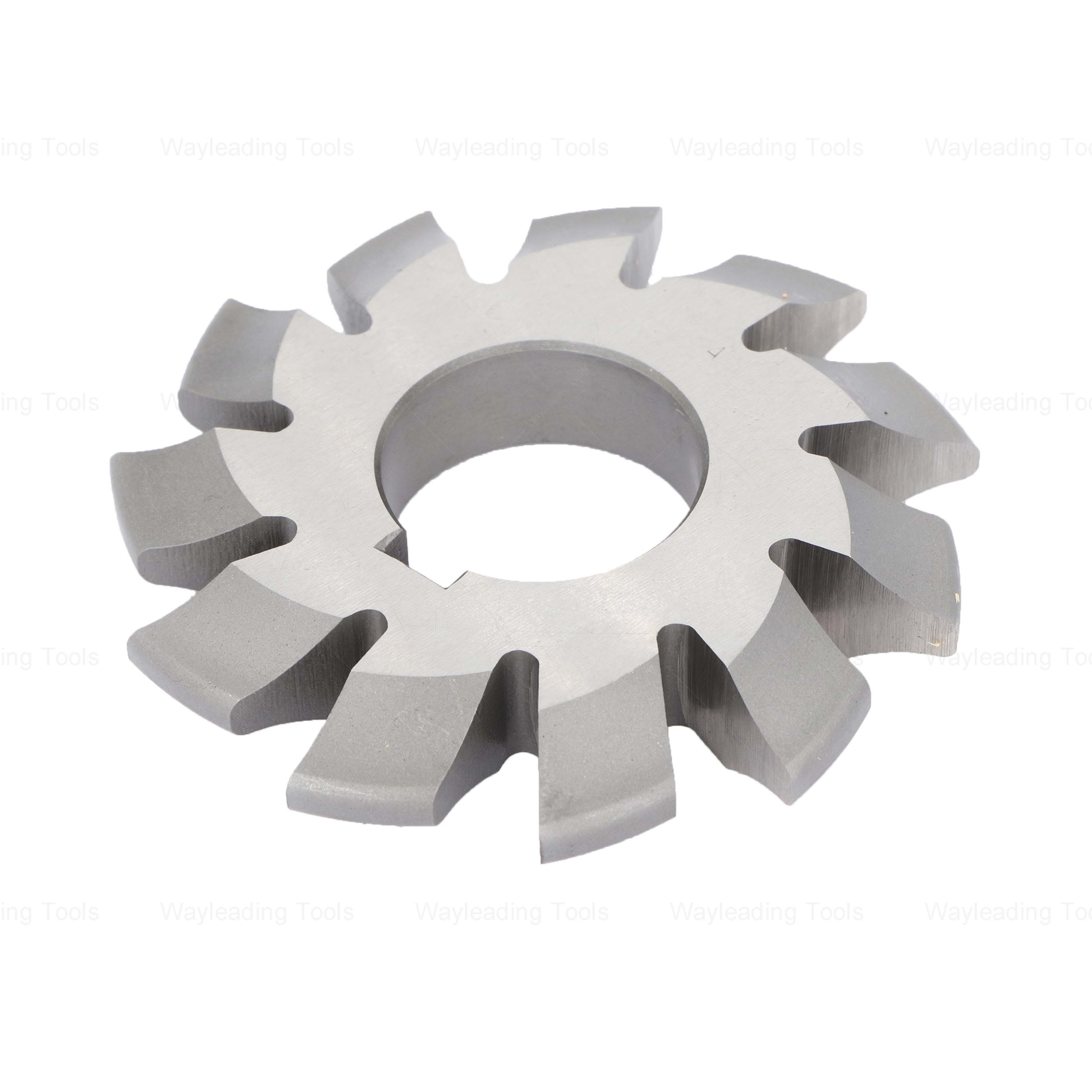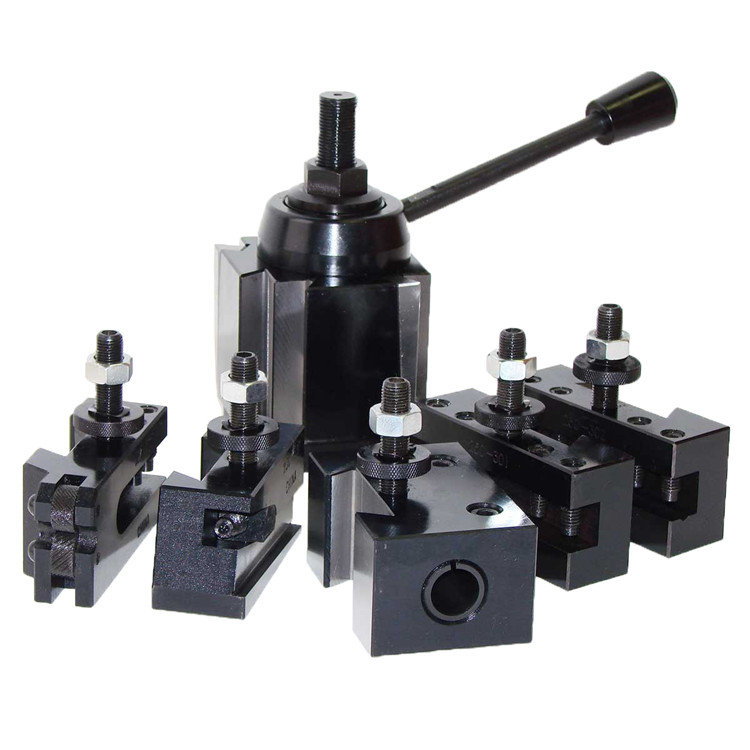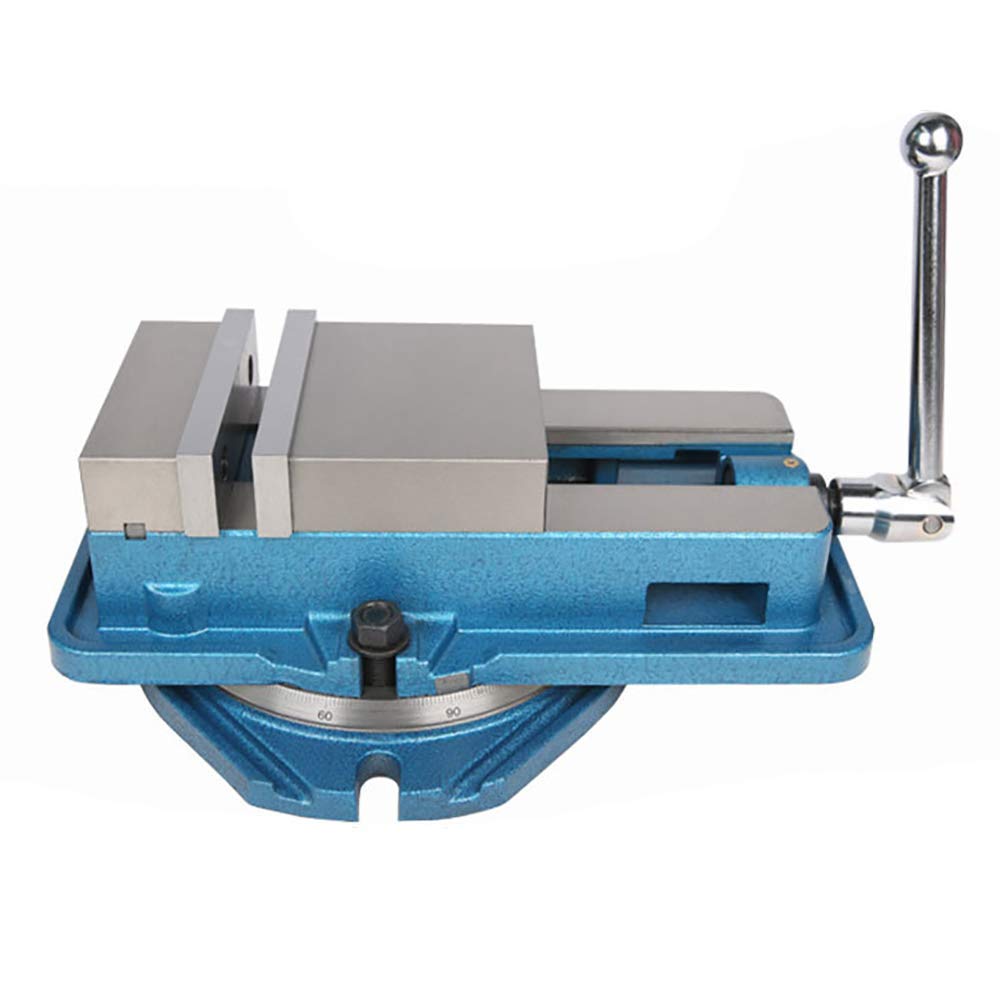roughing end mill Factories
Finding reliable roughing end mill factories can be challenging. This guide provides an in-depth look at the key factors to consider when selecting a manufacturer, including material selection, manufacturing capabilities, quality control processes, and customization options. We also explore different types of roughing end mills and their applications, helping you make informed decisions for your specific machining needs.
Understanding Roughing End Mills
Roughing end mills are essential tools in various machining processes, designed for rapid material removal. They distinguish themselves from finishing end mills through their unique flute geometry and aggressive cutting action. This section delves into the fundamental aspects of roughing end mills.
What is a Roughing End Mill?
A roughing end mill is a type of end mill specifically designed for removing large amounts of material quickly. Unlike finishing end mills, which prioritize surface finish, roughing end mills focus on efficiency and speed. They typically feature a series of chip breakers along the cutting edges, which break up the chips into smaller pieces, reducing cutting forces and improving chip evacuation.
Types of Roughing End Mills
There are several types of roughing end mills, each suited for different applications and materials:
- Corn Cob End Mills: Known for their aggressive material removal rates.
- Wavy Edge End Mills: Offer a smoother cut than corn cob end mills, reducing vibration.
- Serrated End Mills: Provide a balance between material removal and surface finish.
Key Considerations When Choosing a Roughing End Mill Factory
Selecting the right roughing end mill factory is crucial for ensuring the quality and performance of your tools. Here are some key factors to consider:
Manufacturing Capabilities
A reputable factory should possess advanced manufacturing capabilities, including CNC grinding machines, coating equipment, and quality control instruments. Inquire about their production capacity and lead times to ensure they can meet your demands.
Material Selection
The quality of the raw materials directly impacts the performance and lifespan of the roughing end mills. Ensure the factory uses high-quality carbide or high-speed steel (HSS) that meets industry standards. Common materials include:
- Solid Carbide: Offers excellent hardness and wear resistance, suitable for machining hardened steels and abrasive materials.
- High-Speed Steel (HSS): More affordable than carbide, suitable for machining softer materials like aluminum and mild steel.
Quality Control Processes
Stringent quality control processes are essential for ensuring consistent product quality. Look for factories that implement comprehensive quality control measures throughout the manufacturing process, including incoming material inspection, in-process inspection, and final inspection.
Customization Options
If you require specific geometries, coatings, or sizes, choose a factory that offers customization options. This allows you to tailor the roughing end mills to your specific application requirements. Wayleading Tools, for example, provides extensive customization to meet diverse customer needs.
Coatings
Coatings can significantly enhance the performance and lifespan of roughing end mills. Common coatings include:
- Titanium Nitride (TiN): Increases hardness and wear resistance.
- Titanium Aluminum Nitride (TiAlN): Provides excellent heat resistance, suitable for high-speed machining.
- Diamond-Like Carbon (DLC): Reduces friction and improves surface finish, ideal for machining non-ferrous materials.
Finding Reliable Roughing End Mill Factories
Identifying reliable roughing end mill factories requires thorough research and due diligence. Here are some effective strategies:
Online Research
Utilize online search engines, industry directories, and B2B platforms to identify potential factories. Read reviews and testimonials from other customers to assess their reputation and reliability.
Trade Shows
Attend industry trade shows to meet with potential suppliers face-to-face. This allows you to evaluate their products, discuss your requirements, and build relationships.
Factory Audits
Conduct factory audits to assess their manufacturing capabilities, quality control processes, and compliance with industry standards. This provides valuable insights into their operations and helps you make informed decisions.
Example Comparison of Roughing End Mill Materials
Here's a table comparing the properties of solid carbide and HSS roughing end mills. This is for reference only, please check the specifications with the manufacturer before making any decisions.
| Property | Solid Carbide | High-Speed Steel (HSS) |
|---|---|---|
| Hardness | High | Moderate |
| Wear Resistance | Excellent | Good |
| Heat Resistance | Good | Moderate |
| Cost | Higher | Lower |
| Best Used For | Hardened steels, abrasive materials | Softer materials, general-purpose machining |
Conclusion
Choosing the right roughing end mill factories is crucial for optimizing your machining operations. By considering factors such as manufacturing capabilities, material selection, quality control processes, and customization options, you can ensure you receive high-quality tools that meet your specific requirements. Explore the offerings at Wayleading Tools for a diverse selection of tooling solutions.
Ultimately, selecting a suitable roughing end mill factory boils down to understanding your specific needs and partnering with a manufacturer that can deliver quality, reliability, and value.
Disclaimer: This article provides general information and should not be considered professional advice. Always consult with a qualified expert before making any decisions related to machining tools and processes. Data and specifications are subject to change based on the manufacturer.
Related products
Related products
Best selling products
Best selling products-
 Precision IP54 Digital Outside Micrometer Of Inch & Metric With Data Output
Precision IP54 Digital Outside Micrometer Of Inch & Metric With Data Output -
 Type H Flame Tungsten Carbide Rotary Burr
Type H Flame Tungsten Carbide Rotary Burr -
 Precision Vernier Caliper Of Metric & Imperial For Industrial
Precision Vernier Caliper Of Metric & Imperial For Industrial -
 Metric HSS 13mm Reduce Shank Drill Bit For Metal Cutting Of High Precision
Metric HSS 13mm Reduce Shank Drill Bit For Metal Cutting Of High Precision -
 Precision Outside Micrometer Of Inch & Metric With Rachet Stop
Precision Outside Micrometer Of Inch & Metric With Rachet Stop -
 Precision IP67 Digital Caliper With Data Output For Industrial
Precision IP67 Digital Caliper With Data Output For Industrial -
 ANSI B94 HSS Jobber Length Drill Bits Fully Ground
ANSI B94 HSS Jobber Length Drill Bits Fully Ground -
 HSS Involute Gear Cutters – Module Type, PA 20° / 14.5°
HSS Involute Gear Cutters – Module Type, PA 20° / 14.5° -
 Wedge Type Quick Change Tool Post Set In lathe Machine
Wedge Type Quick Change Tool Post Set In lathe Machine -
 Inch ER Collets With Hight Precision Milling
Inch ER Collets With Hight Precision Milling -
 DIN4971-ISO1 Carbide Tipped Tool Bit With Right And Left Hand
DIN4971-ISO1 Carbide Tipped Tool Bit With Right And Left Hand -
 HSS Metric & Inch Dovetail End Mill With 45 And 60 Degree For Industrial
HSS Metric & Inch Dovetail End Mill With 45 And 60 Degree For Industrial











